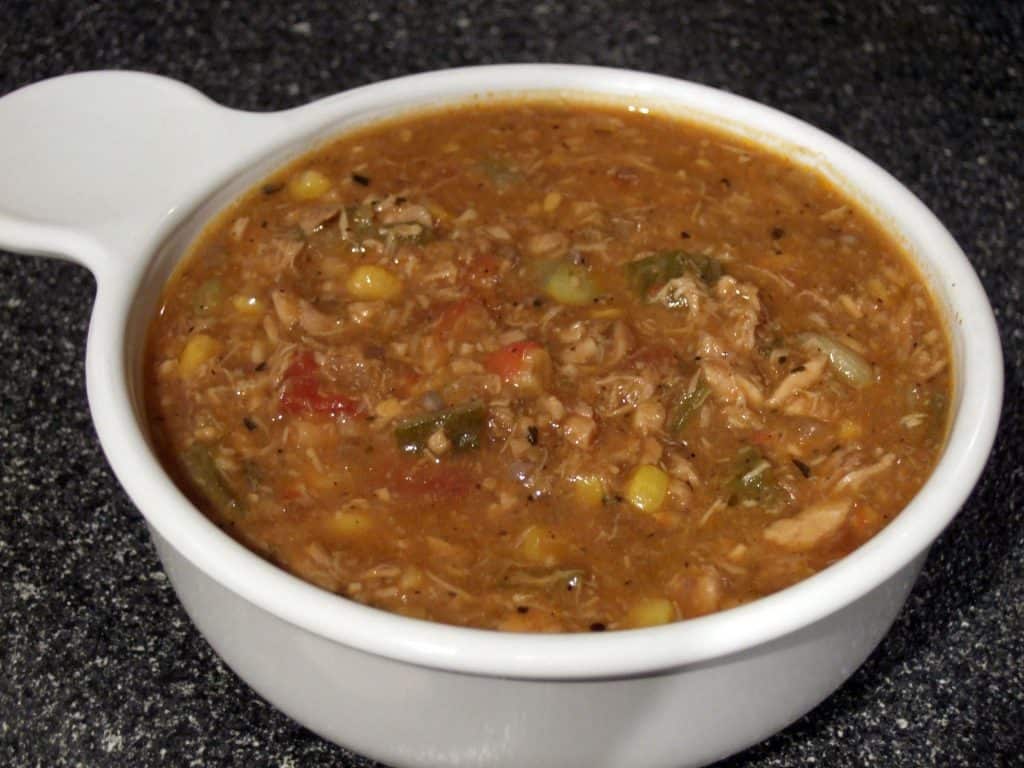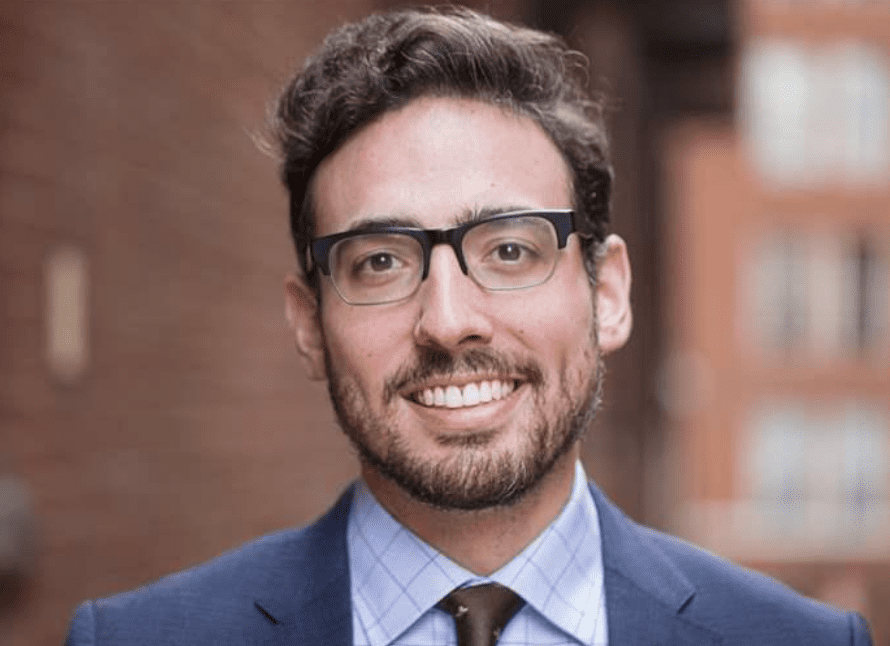It always broke Laurie Speakman’s heart to hear that another moose was struck and killed on the rural highway near her home in Soldotna, Alaska, on the western end of the Kenai Peninsula. But it also warmed her to know that several local families were about to get fed.
For the past eight years, Speakman, lovingly called “The Moose Lady” by her friends and neighbors, was one of the people state troopers called at all hours of the night as a volunteer driver for the nonprofit Alaska Moose Federation. Often in below-zero temperatures, she drove to the crash site in her truck, wrapped a cable around the enormous ungulate and lifted the carcass onto the flatbed with a remote-controlled winch. Then she delivered the hundreds of pounds of fresh, high-protein meat to area charities that distributed it to low-income, disabled, older-adult and Alaska Native households.
Speakman did this around 250 times a year, dodging drunk drivers and angry cows. She once picked up nine moose carcasses in 36 hours. But now her truck is collecting snow at her house, and many Alaskan families will be left without the roadkill moose they depended on for their meat supply. “It hurts,” she said.
The Alaska Moose Federation shut down in November, succumbing to the financial strain of Covid-19 as membership fees from charities and individuals dried up. The federation could no longer afford to maintain its fleet of five trucks spread among Anchorage, Kenai and Wasilla, nor could it find enough capable volunteer drivers to respond to the moose collisions, which are most frequent between November and February.
A growing majority of states have legalized the salvaging of roadkill, including California and Oregon most recently, and this source of free meat is more important than ever for families financially stressed by the pandemic. At the same time, however, the public health and economic crises have made it harder for some charities to process and distribute the food.
“I know these people,” said Don Dyer, the federation’s executive director. “I know their needs. I’ve delivered moose after moose. They literally depend on it.”
One in six Americans — more than 50 million people — will have experienced food insecurity this year, according to an October report from Feeding America, the country’s largest food-relief organization, with a network of 200 food banks. Food banks can’t keep up with demand, and in some places people have had to wait in line for hours. Meanwhile, Americans continue to wait for Congress to pass a second Covid-19 relief bill, which may or may not include another stimulus check that could put food on the table.
The drastic economic impact of the pandemic has led many people to rely on new food sources, said Ben Chapman, a professor and food safety extension specialist at North Carolina State University. That includes roadkill.
A no-waste solution
Between hunting and salvaging roadkill, Randy Bonner has enough meat to last a year without going to the grocery store. He wants to help his neighbors do the same.
Bonner, an outdoors writer who lives in Corvallis, Oregon, launched a Facebook group earlier this fall for his county and three other counties in the western part of the state. Members who spot a roadkill deer or elk on the side of the highway post its location and the condition of the carcass. The group includes hunters and nonhunters who want a little more meat at home. It’s one of several similar pages throughout the Beaver State, which two years ago legalized roadkill salvaging.
“We’re figuring out ways that ensure the animals aren’t wasted,” he said. “It’s just sad to see them on the side of the road.”

At least 30 states allow residents to salvage meat from an animal killed in a car collision, though the policies surrounding specific animals and permit processes differ by state.
California is the latest state to legalize the practice. While the law went into effect this year, the state won’t allow salvaging until the California Fish and Game Commission establishes a formal program and reporting database. State officials must launch a pilot program by the beginning of 2022.
Since Oregon began allowing deer and elk roadkill salvaging in January 2019, the practice has become enormously popular, said Justin Dion, an assistant wildlife biologist at the Oregon Department of Fish and Wildlife who runs the roadkill data collection program. The state has issued 3,100 salvaging permits over the past two years, mostly from the western part of the state and for black-tailed deer, peaking in November.
“We knew it would be utilized, but we didn’t know how big it would become,” he said. “One of the reasons we have a lot of people taking advantage of this is certainly to offset some of that grocery budget. And it certainly doesn’t hurt in a time like the pandemic when a lot of people are out of work.”
Oregonians are required to obtain an online permit, remove the carcass entirely from the road and turn in the head and antlers to a state Fish and Wildlife office. State officials use the heads to gather samples to track chronic wasting disease — an infectious, fatal disease found in deer, elk and moose in at least 24 states.
The state will notify anybody whose roadkill deer has the disease. The Centers for Disease Control and Prevention recommends not consuming meat from an infected animal.
Chapman, the food safety expert, generally supports roadkill salvaging, but said there are risks to consuming wild animals. State officials and local charities, he said, should be upfront about the possibility of foodborne illnesses, such as E. coli and parasites, making it clear they may not know how healthy the animal was before the roadway accident. Charities should distribute food thermometers and discourage riskier cooking processes that may not eliminate pathogens, like making jerky, he added.
Crushed by negative news?
Sign up for the Reasons to be Cheerful newsletter.“Most individuals who are comfortable with this have been hunting game,” Chapman said. “But as we experience this pandemic and see food shortages, how many of the new consumers of this important food source might not be familiar with the risks?”
Still, salvaging roadkill continues to enjoy wide support from conservationists, hunters and even some animal rights groups. “PETA has no ethical objection to the legal collection of an animal’s roadway remains — even if we are mystified why anyone would find the idea of eating body parts to be appetizing,” said Ingrid Newkirk, the nonprofit’s president, in an emailed statement.
For many communities across the country, roadkill has become an inexpensive way to feed more families during difficult economic times.
Four years ago, in the western part of Wisconsin along the Mississippi River, Trempealeau County Sheriff Brett Semingson started a list of 50 families to contact whenever there is a highway collision with a white-tailed deer. Once notified, people can come to the crash site, gather the roadkill and take home a healthy alternative to beef — which would otherwise rot in a ditch.
“Living here, we don’t like seeing things go to waste,” he said. “This is a great opportunity to prevent that and help someone who may certainly need it.”
But some charities have had to stop taking donated roadkill meat because of challenges associated with Covid-19. In Whitefish, Montana, the North Valley Food Bank had to stop accepting roadkill this year because staff and volunteers could not be near one another to process the meat. It was a tough decision, the group said.
An Alaska tradition
Moose are a part of life for Alaskans such as Linda Koenig, a 65-year-old retired state government employee. She won’t hunt them—not with “those big brown eyes.” The most aggressive she’ll get is scaring them off with an airhorn when they sneak into her chicken coop looking for grain. But she’ll never turn down a fresh bundle of free moose meat, courtesy of a nearby highway collision in her small town of Willow, 70 miles north of Anchorage.
Koenig was a longtime member of the Alaska Moose Federation, accepting donations to grind, package and give away meat to her friends and to struggling families, including several older people unable to hunt. Her help was especially important when the local food bank did not have meat to give out.
“There’s no need for people to go hungry when there’s a moose that can be used,” she said.
Alaska state troopers still maintain a list of charities they will call when a moose is struck on the highway. But with the dissolution of the federation, many of those charities don’t have the necessary tools or resources to pick up the massive animals from the side of the road.
Lance Roberts, head custodian at Soldotna High School, worries some inexperienced people may get hurt trying to field dress a moose alongside the highway, especially in the dark winter months. He volunteers for Grace Communion International, a church in Kenai that was a federation member.
The meat was essential for the small congregation of mostly senior citizens, said pastor Jack Evans, who would package and distribute the meat with his wife.
Roberts still plans to take calls from state troopers for the sake of the many families affected by layoffs and other Covid-19 hardships. He doesn’t waste any of the animal, using the marrow for broth, the bones for fish bonkers and the hide and guts for local trappers. Any extra meat scraps are given to sled dogs.
“We were able to spread a lot of meat, a lot of good eating to people who normally weren’t able to get it if they were too old or disadvantaged,” he said. “There’s a lot of people who will miss out on meat this year.”
This story was originally published in Stateline, which is part of the SoJo Exchange from the Solutions Journalism Network, a nonprofit organization dedicated to rigorous reporting about responses to social problems.






